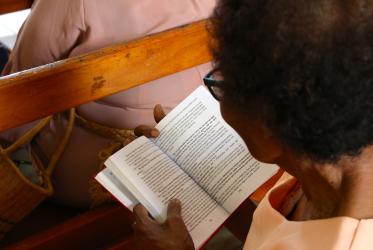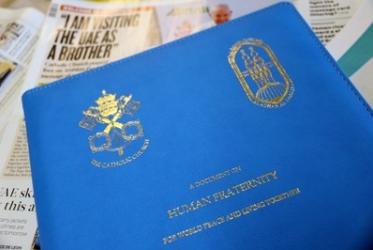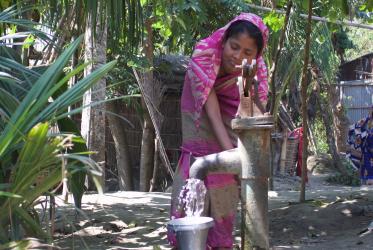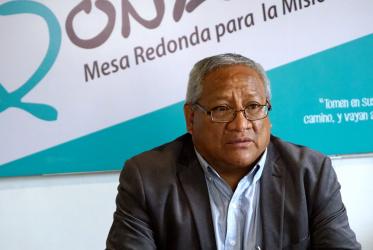Displaying 21 - 40 of 81
New student body at Bossey Ecumenical Institute “a source of joy”
14 September 2020
“Pray at home” an ecumenical call in Brazil
09 April 2020
New WCC “Eco Ambassadors” pledge to protect our ecology
06 January 2020
Eco-School promotes blue communities, green churches
19 November 2019
WCC Eco-School begins in Thailand
07 November 2019
“Economy of life” lifted up at special school in Indonesia
22 August 2019
WCC represented at G20 Interfaith forum in Tokyo
13 June 2019












